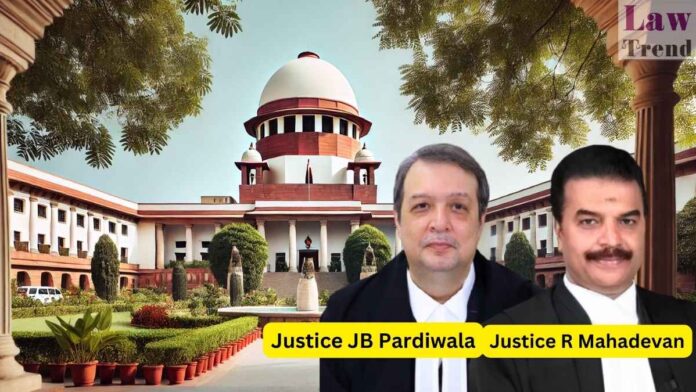The Supreme Court of India, in a significant judgment on September 12, 2025, dismissed the anticipatory bail applications of two retired Maharashtra revenue officials accused of facilitating a fraudulent land transfer using forged documents. While upholding the Bombay High Court’s decision to deny pre-arrest bail, a bench of Justice J.B. Pardiwala and Justice R. Mahadevan
To Read More Please Subscribe to VIP Membership for Unlimited Access to All the Articles, Download Available Copies of Judgments/Order, Acess to Central/State Bare Acts, Advertisement Free Content, Access to More than 4000 Legal Drafts( Readymade Editable Formats of Suits, Petitions, Writs, Legal Notices, Divorce Petitions, 138 Notices, Bail Applications etc.) in Hindi and English.




